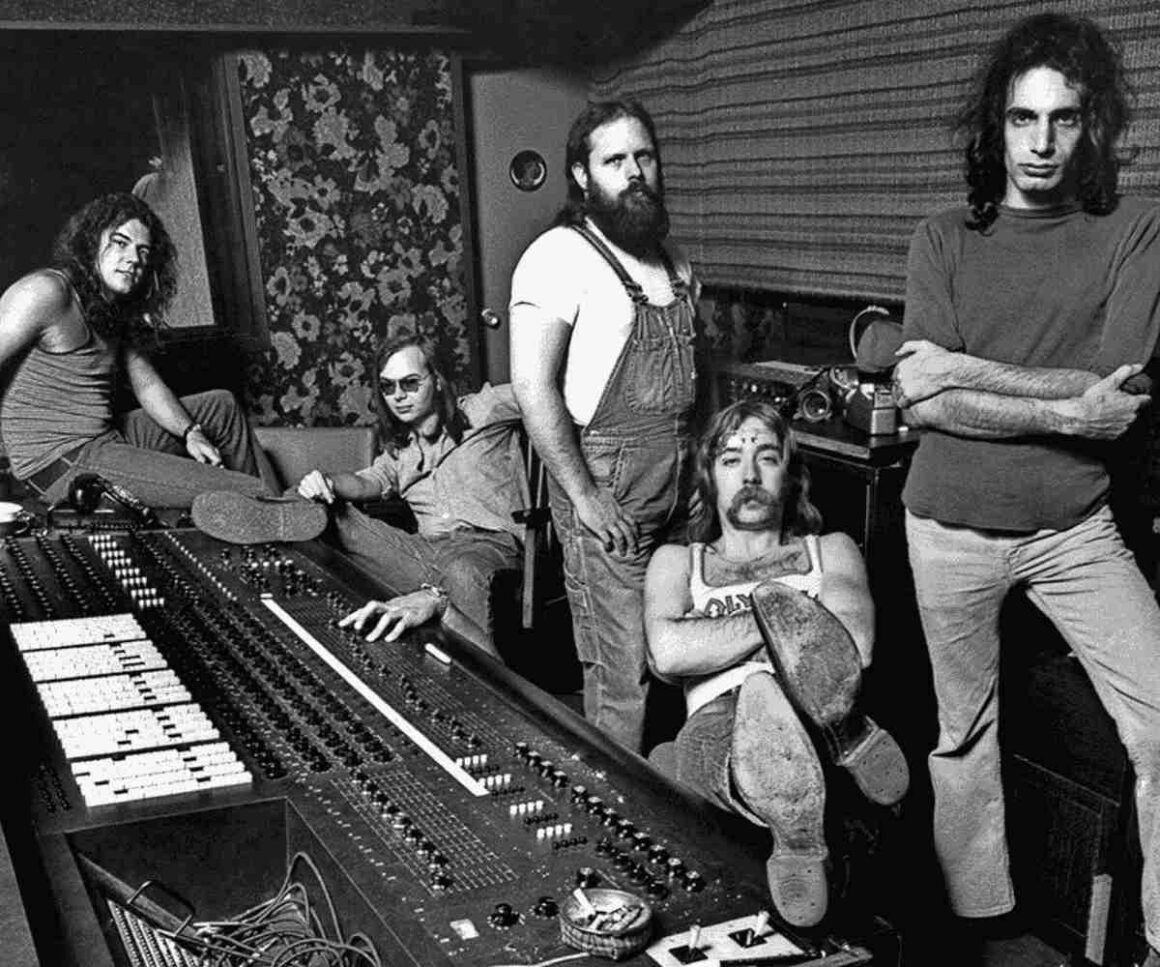As an English major in an American university, I had the opportunity to explore a variety of courses unrelated to my primary field of study. Among them were 10-pin bowling, geology, and sound recording. It was in the latter course—led by a 45-year-old professor in ill-fitting khaki trousers and a pale blue checked shirt—that I first truly appreciated Steely Dan.
Growing up, I knew of Steely Dan from my father’s vinyl collection, as any middle-class American boomer was required to own Aja. Classic rock radio stations played either “Reelin’ in the Years” or “Dirty Work” every hour, but it wasn’t until this sound recording class that I realized just how revered they were among those who appreciated the art of audio production.
The instructor handed us burnt CDs with just one track: Steely Dan’s “Hey Nineteen.” Our assignment? To listen to the song 15 to 20 times over the next day and write down every element of the mix. The instructor considered it an infallible piece of popular music.
In retrospect, it seems likely that the song’s lyrics—about an aging man frustrated with a young university student—may have appealed to him on a personal level. Still, our task was to ignore the lyrics and focus solely on the meticulous instrumentation, the engineering, the robotic precision of the percussion, and the pristine clarity of the track.
For me, this was the antithesis of punk rock, which seemed to value raw, unpolished energy. After all, Gaucho, the album that featured “Hey Nineteen,” was released in 1980—the same year as London Calling. Who wanted clean perfection from a rock band anyway?
What neither my instructor nor I knew at the time was the turmoil behind Gaucho. The album, known for its obsessive production, emerged from a period of chaos and tragedy for Steely Dan. Despite the glossy, flawless finish, Gaucho was as much a product of survival as it was of perfection.
“It wasn’t fun at all, really,” guitarist Walter Becker would later admit. And that was putting it mildly. During the album’s creation, Becker was struck by a car, leaving him with a long, difficult six-month recovery. Soon after, his girlfriend, Karen Roberta Stanley, tragically died of a drug overdose.
In response, Becker and his longtime collaborator Donald Fagen only doubled down on their meticulous, painstaking approach to recording Gaucho.
The album sessions involved 40 guest musicians, a brand-new £150,000 drum machine, and endless hours in the studio. One of their songs, ironically titled “The Second Arrangement,” was erased by an assistant engineer after weeks of recording. Though Becker and Fagen attempted to re-record it, they ultimately abandoned the song, feeling the magic had been lost.
The obsessive perfectionism didn’t stop there. It took 55 takes to get the 50-second fadeout on “Babylon Sisters” just right. The spiraling attention to detail could have resulted in a disaster, especially coming off the massive success of Aja. Yet, against all odds, Gaucho became another critical and commercial triumph, despite its laborious two-year creation process.
The album, which featured only seven tracks and a total runtime of 38 minutes, went on to receive several Grammy nominations. While it didn’t win ‘Best Album,’ it did take home the award for ‘Best Engineered Recording – Non-Classical,’ a fitting tribute to the obsessive craftsmanship behind the scenes.
Engineers Roger Nichols, Jerry Garszva, Elliot Scheiner, and Bill Schnee shared in the Grammy win, cementing Gaucho’s legacy—not only as a triumph of artistry but also as an enduring standard for audio production students and instructors around the world.







